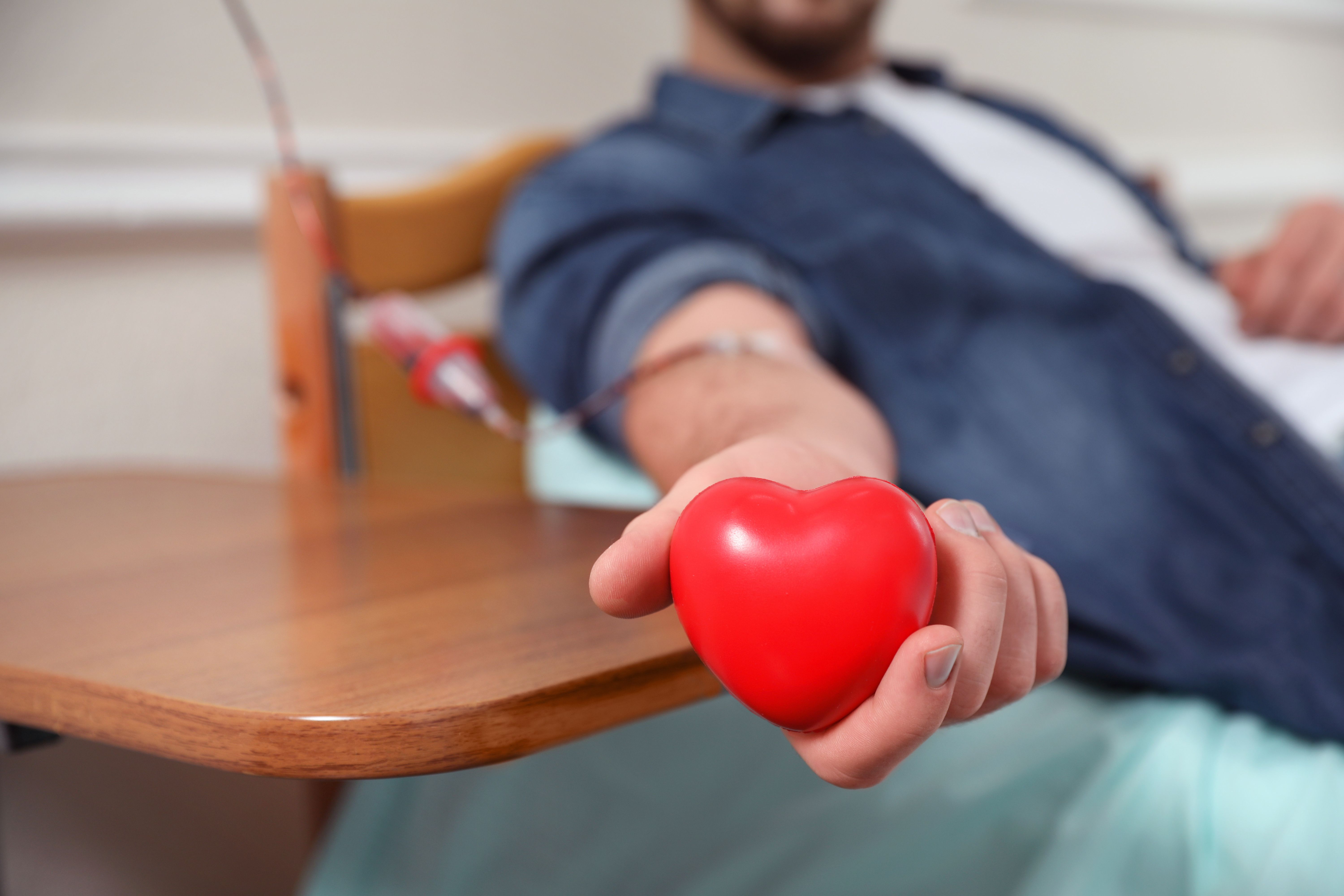A Q&A with Ashlie LeCastre, Phlebotomist, American Red Cross
Have you ever wanted to donate blood, but didn’t know the steps to take to prepare for doing so? January is designated as National Blood Donor Month, and it is important to know what to prepare for as you decide to donate. Whether a first-time donor or a rookie all of your own, it is crucial to take the act of donating blood as seriously as possible.
We sat down and had an interview with Ashlie, a Phlebotomist with the American Red Cross. They explained to us their favorite part of being a phlebotomist, as well as things to consider about your personal health prior to donating.
1) What is your favorite part of being a phlebotomist?
My favorite part of being a phlebotomist is knowing that I have a part in saving lives, where each blood donation can save up to three people. I love meeting different people as well. Being personable is definitely a very important part of the job. You spend about thirty minutes with each donor, and even the simplest conversation can make one’s day, and that’s what this job is all about, saving lives through donation and conversation.
2) What should one consider about their health before donating blood?
There are many factors that have to be considered before donating such as height, weight, hemoglobin (red blood cells) level, blood pressure, temperature, and pulse. You must be feeling healthy and well in order to donate and have not had any major health complications within the last 6 months to a year, depending on the condition. It’s very important to drink lots of water and eat a full meal about an hour and a half before donating as well in order to have a successful donation.
3) How do you handle a distressed patient?
At the American Red Cross, we use something called “heart, head, heart” which is communicating with empathy while also acknowledging their fears and frustrations. If a donor is frustrated, I would say something along the lines of “I understand your frustration. I promise you’re in good hands. How would you like me to proceed?” From there on, I’ll make my decision accordingly. It’s important to always stay calm in stressful situations in order for the donors to stay calm and to reduce the chance of a reaction happening.
4) Are there any side effects to donating blood?
Some side effects of donating include the possibility of a reaction happening such as nausea, dizziness, loss of consciousness, or fatigue.

